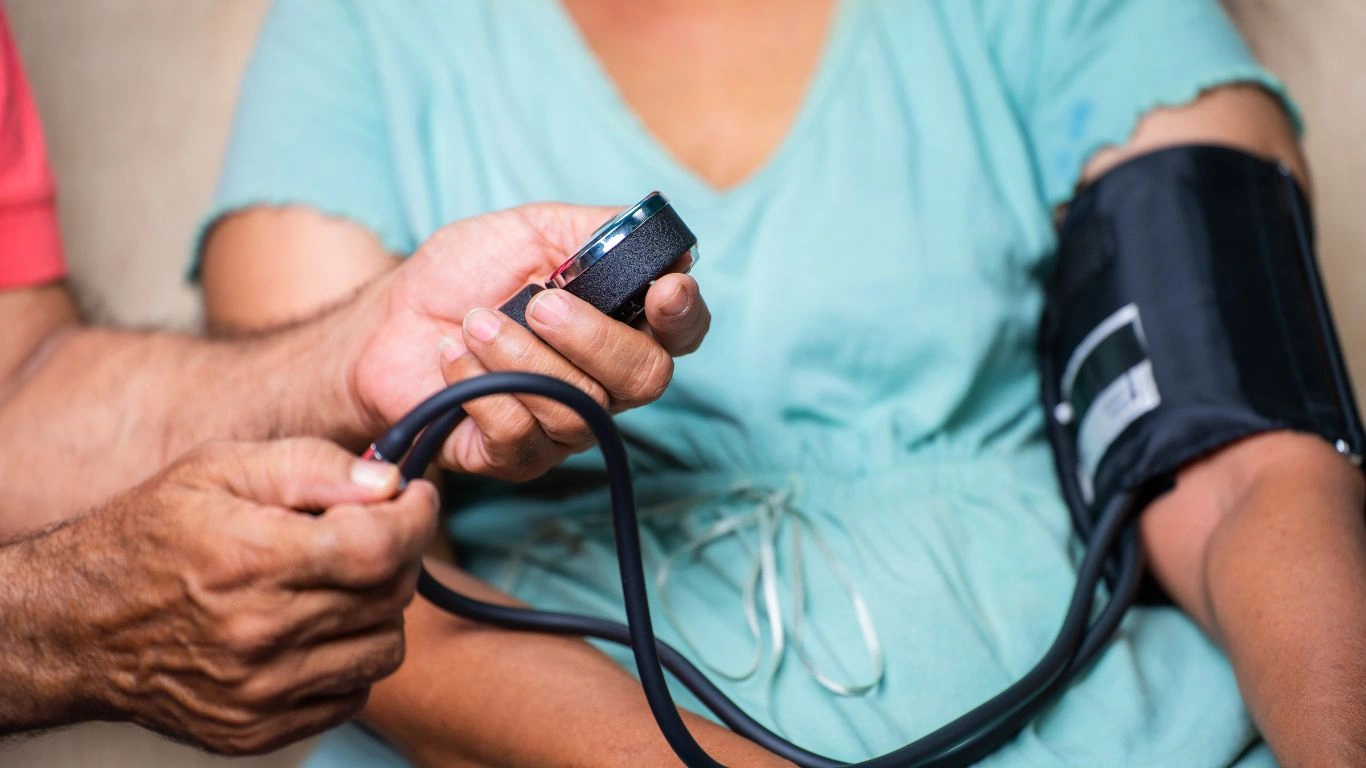Hypertension and Chronic Fatigue Syndrome: What You Need to Know
If you’re dealing with both hypertension (high blood pressure) and chronic fatigue syndrome (CFS), you’re probably wondering how these two health issues relate to each other. The good news is that you’re not alone, and understanding how these two conditions interact can help you manage them better. Let’s break it down in a way that makes sense, without the medical jargon.
What is Hypertension?
First up, hypertension. It’s when your blood pressure levels are consistently higher than normal. This can be a real troublemaker if left unchecked because it puts extra strain on your heart and blood vessels. Over time, it can lead to heart disease, kidney issues, and even strokes. Yikes, right? But the good news is, it’s often manageable with medication, lifestyle changes, and regular monitoring.
What is Chronic Fatigue Syndrome?
Now, let’s talk about chronic fatigue syndrome (CFS). It’s not just being tired after a long day or week—CFS is extreme, persistent fatigue that doesn’t improve with rest. It’s like a constant state of exhaustion that affects your ability to do everyday activities. And to make things even trickier, doctors still aren’t completely sure what causes CFS. Some believe it could be linked to viral infections, immune system problems, or even stress.
Can Hypertension and Chronic Fatigue Syndrome Be Linked?
So, here’s the million-dollar question: Can hypertension and chronic fatigue syndrome be linked? The short answer is yes, in some cases. While they’re separate conditions, they can share some common risk factors, like stress, poor sleep, and lifestyle habits. And interestingly, they can even make each other worse. Let’s explore how.
How Hypertension Can Affect Chronic Fatigue Syndrome
If you have hypertension, your body’s under a lot of stress because your heart’s pumping harder than usual. This chronic stress can contribute to feelings of fatigue. High blood pressure also means your blood vessels are working harder, which can lead to issues with circulation. Poor circulation can impact your energy levels and make you feel drained all the time, even if you’re getting a full night’s sleep.
How Chronic Fatigue Syndrome Affects Hypertension
On the flip side, CFS can also make managing hypertension trickier. The exhaustion you feel from CFS can affect your ability to exercise, maintain a healthy diet, and manage stress—three things that are essential for keeping your blood pressure under control. If you’re already feeling drained and overwhelmed, keeping up with your blood pressure meds or appointments might not feel like a priority, which could lead to elevated blood pressure levels.
The Impact of Stress on Both Conditions
Stress plays a big role in both hypertension and chronic fatigue syndrome. When you’re stressed, your body releases hormones like cortisol, which can raise your blood pressure. Plus, stress can make your fatigue worse, creating a vicious cycle where both conditions feed into each other. Breaking this cycle is key to managing both conditions, but it’s easier said than done.
Managing Both Hypertension and Chronic Fatigue Syndrome
So, how do you deal with both at once? Here are a few tips to help manage both conditions:
- Focus on a Healthy Diet: Eating a balanced, heart-healthy diet can benefit both your blood pressure and your energy levels. Opt for lots of fruits, veggies, whole grains, and lean proteins. You want to reduce sodium for hypertension and avoid sugary or processed foods that can worsen fatigue.
- Exercise (When You Can): Gentle exercise, like walking or yoga, can help lower blood pressure and improve energy levels. But, of course, listen to your body—don’t overdo it if you’re feeling exhausted.
- Stress Management: Learning to manage stress is crucial. Meditation, deep breathing, or even talking to a therapist can help keep your cortisol levels in check.
- Sleep Hygiene: Make sure you’re getting quality sleep. CFS can make sleep hard to come by, but establishing a bedtime routine and creating a restful sleep environment can improve your sleep quality.
- Medication: Your doctor may prescribe medications for both conditions, but make sure they’re aware of both. Some medications for hypertension can affect your energy levels, so it’s important to work with your healthcare provider to find the right balance.
When to Seek Medical Help
If you’re dealing with both hypertension and CFS, it’s super important to stay on top of both conditions. Regular check-ups with your doctor, blood pressure monitoring, and open communication about how you’re feeling are all essential. If your symptoms worsen or you’re struggling to manage, it might be time to check in with your healthcare provider about new treatment options.




Appendices:
FAQs
- Can hypertension make chronic fatigue syndrome worse? Yes! The stress and strain of hypertension can worsen fatigue symptoms. This can make it harder to manage both conditions effectively.
- Can chronic fatigue syndrome cause high blood pressure? CFS doesn’t directly cause hypertension, but the stress and lifestyle changes that come with chronic fatigue can contribute to high blood pressure over time.
- What’s the best way to manage both hypertension and chronic fatigue syndrome? A combination of medication, stress management, a heart-healthy diet, and gentle exercise can help manage both conditions. Be sure to work with your doctor for a personalized plan.
- Is there a connection between stress and both hypertension and CFS? Absolutely. Stress can raise blood pressure and also exacerbate fatigue, making both conditions harder to manage.
- How can I improve my sleep with chronic fatigue syndrome? Establishing a regular sleep schedule, avoiding screens before bed, and creating a calm, quiet sleep environment can help improve sleep quality.
References
- National Institute of Neurological Disorders and Stroke (2024). Chronic Fatigue Syndrome: A Guide for Patients. Read Article
- American Heart Association (2023). Hypertension and Heart Health. Read Article
- Mayo Clinic (2024). Stress and High Blood Pressure. Read Article
Disclaimer:
The information provided in this article is for educational purposes only and should not be considered as medical advice. Always consult with your healthcare provider for advice tailored to your specific needs and health conditions.














